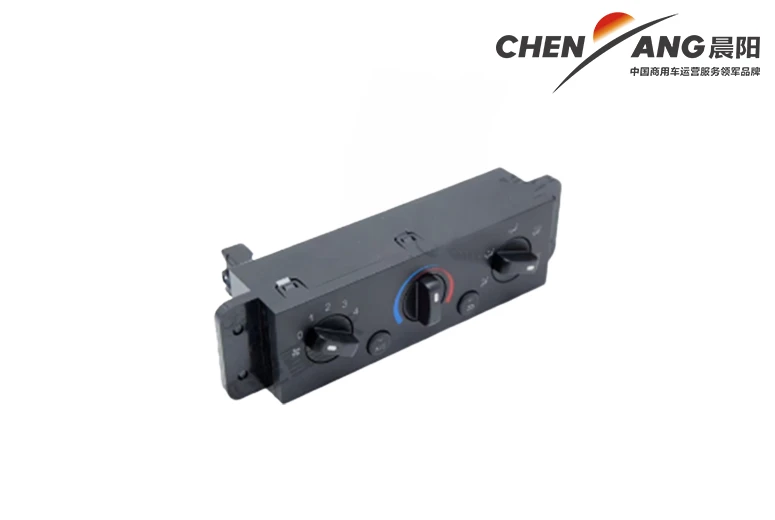Electric Powered Heavy Equipment for Sustainable Industrial Solutions
The Rise of Electric Heavy Machinery A Sustainable Revolution in Construction
As global awareness of climate change and environmental sustainability intensifies, various industries are striving to minimize their ecological footprints. One of the most promising developments in this pursuit is the rise of electric heavy machinery. This transition from traditional diesel-powered equipment to electric alternatives not only addresses the pressing need for reduced emissions but also enhances efficiency and operational capabilities in the construction and mining sectors.
Understanding Electric Heavy Machinery
Electric heavy machinery encompasses a range of equipment essential for construction and mining operations, including excavators, bulldozers, cranes, and trucks. These machines, powered by electric batteries, offer a cleaner alternative to their fossil-fuel counterparts. The shift towards electrification aligns with global efforts to reduce greenhouse gas emissions and transition towards more sustainable practices.
The mechanics of electric heavy machinery involve advanced technologies such as lithium-ion batteries, electric motors, and regenerative braking systems. These innovations contribute to higher energy efficiency and lower operational costs. Moreover, electric machines require less maintenance as they have fewer moving parts compared to traditional diesel machinery. This not only prolongs their lifespan but also reduces downtime, a crucial factor in maximizing productivity on job sites.
Environmental Benefits
One of the most significant advantages of electric heavy machinery is the dramatic reduction in carbon emissions. Traditional heavy machinery is notorious for its high fuel consumption and pollutive outputs. In contrast, electric machines produce zero tailpipe emissions, significantly reducing the carbon footprint of construction and mining operations. This is particularly important in urban areas where air quality is a primary concern.
Additionally, the noise pollution associated with construction sites can be detrimental to nearby communities. Electric heavy machinery operates more quietly than conventional machines, minimizing disturbances and making operations more suitable for densely populated areas. As cities continue to expand and urbanize, the demand for quieter, cleaner machinery will likely increase.
electric heavy machinery

Economic Implications
While the initial investment in electric heavy machinery may be higher than traditional options, the long-term economic benefits are becoming increasingly clear. Electric machines typically have lower operating costs due to reduced fuel expenses and lower maintenance requirements. Moreover, many governments offer incentives or subsidies to companies that invest in green technologies, offsetting some of the initial costs.
Furthermore, as battery technology continues to advance, the cost of electric heavy machinery is expected to decrease, making it more accessible for a wider range of businesses. The increased efficiency and productivity associated with electric machinery can also lead to significant savings over time.
Challenges and Future Prospects
Despite the numerous advantages, the transition to electric heavy machinery is not without challenges. The limited availability of charging infrastructure in remote job sites can hinder widespread adoption. However, as demand grows, investment in charging solutions is likely to increase, further facilitating this transition.
Moreover, the development of greater battery capacity and faster charging technologies will enhance the practical use of electric machinery in longer and more demanding projects. Industry leaders are actively researching and developing hybrid models that combine both electric and traditional power sources to alleviate some of the limitations currently faced.
Conclusion
The adoption of electric heavy machinery marks a significant step towards a sustainable future in the construction and mining industries. With substantial environmental benefits, economic advantages, and continued technological advancement, electric heavy machinery has the potential to revolutionize how we approach large-scale projects. As companies shift their focus towards sustainable practices, the movement towards electrification of heavy machinery will play a crucial role in building a greener, more efficient world. By embracing this change, businesses not only align themselves with global sustainability goals but also position themselves to thrive in an increasingly eco-conscious market.
-
Fast Gearbox Transmission Parts Slave Valve – Durable & Reliable SolutionNewsJul.28,2025
-
Hydraulic Lock Assembly for SHACMAN Truck Parts – Durable & ReliableNewsJul.28,2025
-
SINOTRUK HOWO 84 Electric Dump Truck for Eco-Friendly Heavy HaulingNewsJul.26,2025
-
The Fast 16-Gear Manual Transmission Assembly for Heavy TrucksNewsJul.25,2025
-
Mercedes Benz Actros 1848 42 Tractor Truck for Sale - Reliable PerformanceNewsJul.24,2025
-
High-Quality Water Pump Assembly for Sinotruk Trucks – Durable & ReliableNewsJul.23,2025
Popular products

























